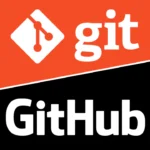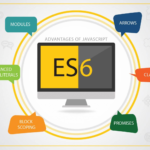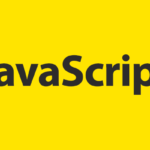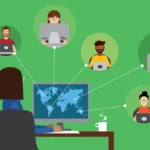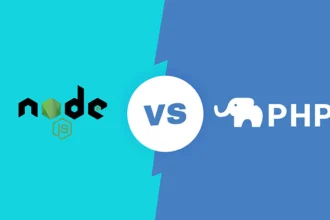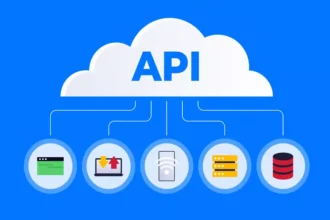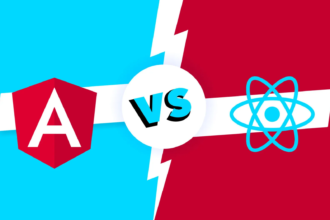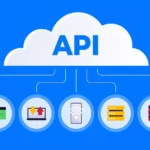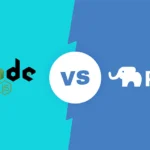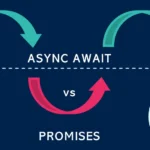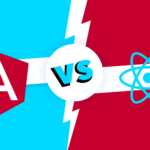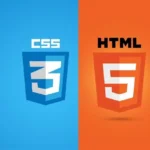
If you’re diving into web development, you’ve probably come across the usual suspects: video tutorials, YouTube playlists, or even enrolling in a bootcamp. While these are great starting points, there’s a treasure trove of written resources that can make your learning journey smoother, deeper, and even more enjoyable. Let’s explore seven of the most valuable document-based resources—books, documentation, and beyond—that can help you become a confident web developer.
1. Books: Your Comprehensive Guides to Mastery
Books are like a step-by-step guide through the maze of web development. They’re meticulously structured, starting from the basics and gradually building to more advanced concepts. The best part? You can revisit sections anytime and truly absorb the material.
Why Books Are Awesome:
- Detailed Coverage: Books often explain not just the how but also the why, giving you a deeper understanding.
- Self-Paced Learning: Highlight, take notes, and reread as much as you need—it’s your personal classroom.
Must-Read Books for Beginners:
- HTML & CSS: Design and Build Websites by Jon Duckett: A visually stunning guide that makes learning HTML and CSS fun.
- JavaScript and JQuery: Interactive Front-End Web Development by Jon Duckett: Perfect for beginners exploring interactivity.
- Eloquent JavaScript by Marijn Haverbeke (free online): A programming classic that dives into JavaScript fundamentals and problem-solving.
- You Don’t Know JS by Kyle Simpson: A series that unpacks JavaScript concepts like a pro.
2. Documentation: The Developer’s Bible
Official documentation is the holy grail of learning. Whether you’re debugging code, exploring a new library, or mastering a framework, this is where you’ll find the answers straight from the source.
Why It’s Essential:
- Always Up-to-Date: Documentation evolves with the technology, keeping you current.
- Accuracy: No fluff, just facts. You get reliable, precise information.
Where to Start:
- Mozilla Developer Network (MDN): Your go-to for HTML, CSS, and JavaScript essentials.
- React Documentation: The best place to understand React from scratch.
- Bootstrap Documentation: Learn how to use the popular CSS framework effectively.
3. Interactive E-Books and Tutorials
Sometimes you need more than words on a page; you need to get your hands dirty with coding as you learn. Interactive resources let you do just that.
Top Picks:
- freeCodeCamp: Read, code, and earn certifications all on one platform.
- JavaScript.info: Dive into JavaScript with examples and exercises to sharpen your skills.
4. Open-Source Projects: Real-World Learning
One of the best ways to grow is by reading and contributing to open-source projects. By studying other developers’ code, you’ll see how concepts are applied in real-world scenarios.
How to Get Started:
- Browse GitHub for beginner-friendly projects (look for labels like “good first issue”).
- Start with repositories that have detailed README files and comments.
5. Blogs and Articles: Bite-Sized Knowledge Nuggets
Blogs are perfect for quick insights, tips, and staying updated with trends in the coding world. They often cover niche topics you won’t find in textbooks.
Must-Read Blogs:
- CodingNaija: Dive into beginner-friendly tutorials, coding tips, and insights tailored for Nigerian developers and beyond.
- CSS-Tricks: Everything you need to know about CSS and modern design trends.
- Smashing Magazine: Web development insights with a design focus.
- DEV Community: A hub for developers sharing tips and tutorials.
6. Cheat Sheets and Reference Guides
Think of cheat sheets as your quick-reference tool—perfect for when you need to look up syntax or properties without diving into lengthy documentation.
Popular Cheat Sheets:
7. Combining Resources for Maximum Impact
Here’s how to blend these resources for effective learning:
- Start with Books: Get the fundamentals right.
- Use Documentation: Dive deeper into specifics.
- Practice Interactive Tutorials: Code along to solidify concepts.
- Explore Open Source: See how the pros do it.
- Stay Updated with Blogs: Learn from the community.
Final Thoughts
Videos and bootcamps are excellent, but adding written resources to your arsenal can supercharge your web development journey. Books, documentation, blogs, and even cheat sheets provide different perspectives and depths of knowledge that videos might not cover.
So, what are you waiting for? Grab a book, open some docs, and let’s get coding!
Have a favorite resource? Share it in the comments below—let’s learn together!


